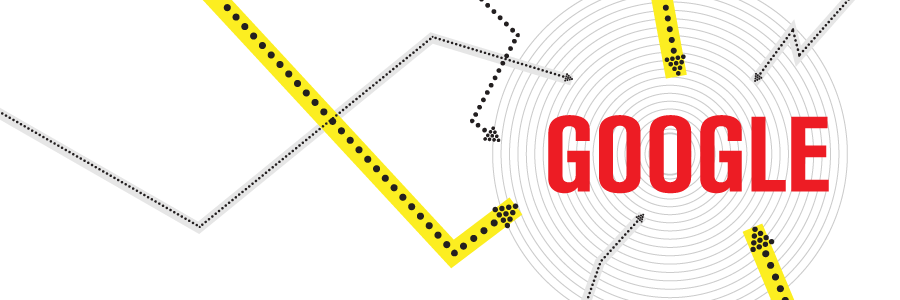
Google often talks about its wonderful innovations, its lofty ideals and its “do no evil” motto. But how often is that stuff true? How often are they innovating? Doing no evil? And are they benevolent, or just neutral? Most of all, does it matter?
This is a simple rhetorical question I’ve asked myself. I find that when the topic of Google’s innovation comes up, those knowledgeable on the subject are of two divided camps: Google is not an innovator, they are a humdrum company who is overly praised and under criticized, or conversely, they are in fact, underly praised and overly criticized.
I answer this with one simple idiom: “necessity is the mother of invention”. This phrase rings true in our species, and for living organisms as a whole, because evolution is a cruel mistress, and our clever brains must devise more clever methods to survive her blows.
If in fact, necessity is the mother of invention, why would you expect a very large, very profitable company to commonly be at the forefront of innovation? Invention and innovation are synonymous in most cases, so my reason-meter tells me that wealthy companies are not going to be the nexus of the new. They instead, will invest in what they think WILL be the new, and continue reaping the benefits of what they know.
I think there is no problem in this.
If an individual, or a small group are fighting to make their mark, cash out big, or otherwise do something inventive, then it is up to the Google’s of the world to fund their endeavors if they consider them noteworthy. They are merely using their leverage to drive the momentum of this one idea forward into the market.
This symbiotic relationship is necessary, but that is not to say it can’t evolve. It is becoming more commonplace for companies to invest in “labs” or any sort of R&D playground that is isolated by design, in hopes of cultivating these same external innovations, internally, and under the watchful eye of a company.
I just hope that people stop fussing over the melodrama of who’s who, and instead focus on what’s actually happening and what it means for all of us.